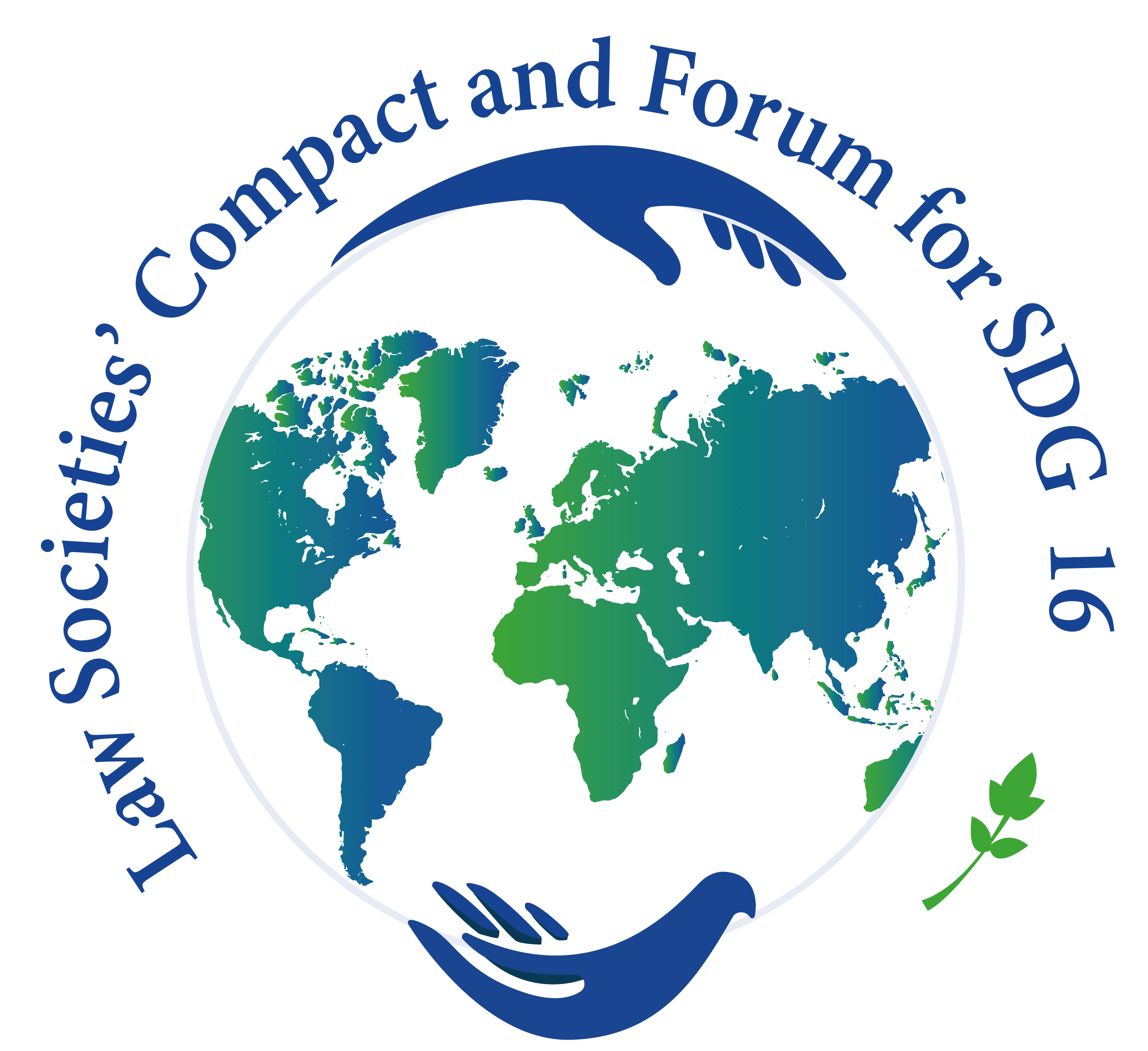Access to justice is a basic principle of the rule of law. In the absence of access to justice, people are unable to have their voice heard, exercise their rights, challenge discrimination or hold decision-makers accountable. The UN Declaration of the High-level Meeting on the Rule of Law emphasizes the right of equal access to justice for all, including members of vulnerable groups, and reaffirmed the commitment of Member States to taking all necessary steps to provide fair, transparent, effective, non-discriminatory and accountable services that promote access to justice for all.
Improving access to justice requires:
empowering the poor and marginalized to seek remedies for injustice
• ensuring responsive and accountable institutions;
• improving legal protection, legal awareness, and legal aid;
• promoting civil society and parliamentary oversight;
• addressing challenges in the justice sector such as police brutality, inhumane prison conditions, lengthy pre-trial detention, and impunity for perpetrators of sexual and gender-based violence and other serious conflict-related crimes; and
• strengthening linkages between formal and informal structures
• monitoring and evaluation;
A recent report by The World Justice Project found that justice problems are ubiquitous and frequent. Approximately half (49%) of people surveyed experienced at least one legal problem in the last two years, and for most of whom, the legal problem adversely impacted their lives. More than 1 in 4 people (29%) reported that they experienced physical or stress-related ill health as a result of their legal problem, and more than 1 in 5 people (23%) reported that they lost their job or had to relocate. Despite this, most people do not turn to lawyers and courts. Less than a third (29%) of people who experience a legal problem sought any form of advice to help them better understand or resolve their problem. This is in part owing to the lack of knowledge – fewer than 1 in 3 people (29%) understood their problem to be legal in nature as opposed to “bad luck” or a community matter- but other factors, such as costs of seeking legal assistance, has stood in the way.
The report of the Task Force For Justice reported that around one in five people have problems related to violence and crime in the public sphere, at work and at home; one in five people have difficulties related to access and quality of public services; almost a third of people have legal problems related to money and debt, or as consumers; almost one in 11 people are involved in family disputes, for example around divorce and inheritance; one in 12 people have legal needs related to problems at work, whether as an employee or business owner; and, nearly a quarter of people are involved in disputes over housing or land, or conflicts with neighbors. Finally, it must be noted that the failure to provide justice is costly: The OECD estimates that countries lose between 0.5 and 3 percent of their GDP due to the costs of seeking justice, lost income, and stress-related illnesses and other health problems.
The World Bank has placed improving justice institutions and improving access to justice at the center of its development strategies, stressing that the effective operation of justice institutions is key to entrenching the rule of law – and in turn, is central to achieving the Bank’s Twin Goals of ending poverty and increasing shared prosperity.
